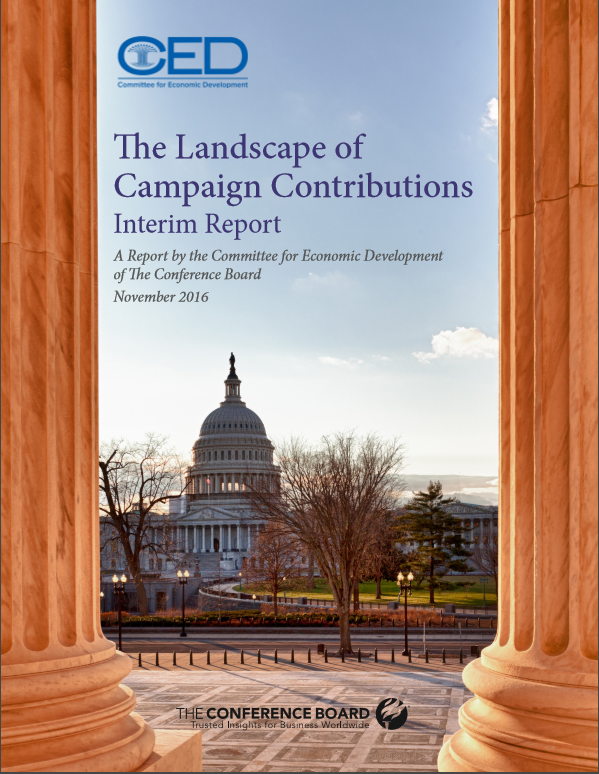On Wednesday, Senator Mitch McConnell wrote an op-ed for the Washington Post about the problems with disclosure (The IRS scandal and Obama’s culture of intimidation):
For years, administration officials have used the power of the federal government to isolate their opponents. Meanwhile, the unionized employees who populate the IRS and other agencies across the country routinely take their cues from union bosses, whose political donations and speeches show their support for the White House. When it comes to rewarding friends and punishing enemies, the IRS is not alone.
In fact, recent efforts to revive the so-called Disclose Act suggest that these tactics are alive and well in Washington. This bill, which would force grass-roots groups to make their member and donor lists public, may seem benign to some. But as a longtime defender of the First Amendment, I have always seen it for what it is: a backdoor effort to discourage those who disagree with the Obama administration from participating in the political process.
The abuses at the IRS — which include selective sharing with left-wing journalists of confidential information about conservative groups — is just the kind of thing the Disclose Act was designed to enable.
The Washington Post editorial board responded:
Mr. McConnell writes that the IRS scandal shows that political donors must be protected from possible “intimidation” by the government, that Washington is out to “target people because of their beliefs.” This is an awfully dark view of national government under any administration. Such practices are common in other countries but not in the United States. The IRS failure was an exception, and a bad one, but not the rule.
Abuse of power to intimidate political opponents isn’t the domain of any one party. As long as the government retains the ability to regulate political speech, those who dissent from the parties in power are vulnerable to targeting.
Although today’s political intimidation doesn’t directly rise to the level of Nixon and his special task forces, it makes sense that when government employees repeatedly hear the President and his surrogates imply on national television that certain groups are of dubious legality that it’s their duty to audit these organizations.
Kimberly Strassel of the Wall Street Journal pointed out that (The IRS Scandal Started at the Top):
Mr. VanderSloot is the Obama target who in 2011 made a sizable donation to a group supporting Mitt Romney. In April 2012, an Obama campaign website named and slurred eight Romney donors. It tarred Mr. VanderSloot as a “wealthy individual” with a “less-than-reputable record.” Other donors were described as having been “on the wrong side of the law.”
This was the Obama version of the phone call—put out to every government investigator (and liberal activist) in the land.
Twelve days later, a man working for a political opposition-research firm called an Idaho courthouse for Mr. VanderSloot’s divorce records. In June, the IRS informed Mr. VanderSloot and his wife of an audit of two years of their taxes. In July, the Department of Labor informed him of an audit of the guest workers on his Idaho cattle ranch. In September, the IRS informed him of a second audit, of one of his businesses. Mr. VanderSloot, who had never been audited before, was subject to three in the four months after Mr. Obama teed him up for such scrutiny.
She also points out:
In case the IRS missed his point, he (President Obama) raised the threat of illegality: “All around this country there are groups with harmless-sounding names like Americans for Prosperity, who are running millions of dollars of ads against Democratic candidates . . . And they don’t have to say who exactly the Americans for Prosperity are. You don’t know if it’s a foreign-controlled corporation.”
Whether or not orders to use government power to target political opponents originate directly from high-ranking government officials, having a system where this type of abuse is possible is inconsistent with the limits on government enshrined in the Constitution. While we all hope for the best, our founding fathers prudently planned for the worst. Unfortunately, the IRS targeting demonstrates that their fears were not unfounded.














